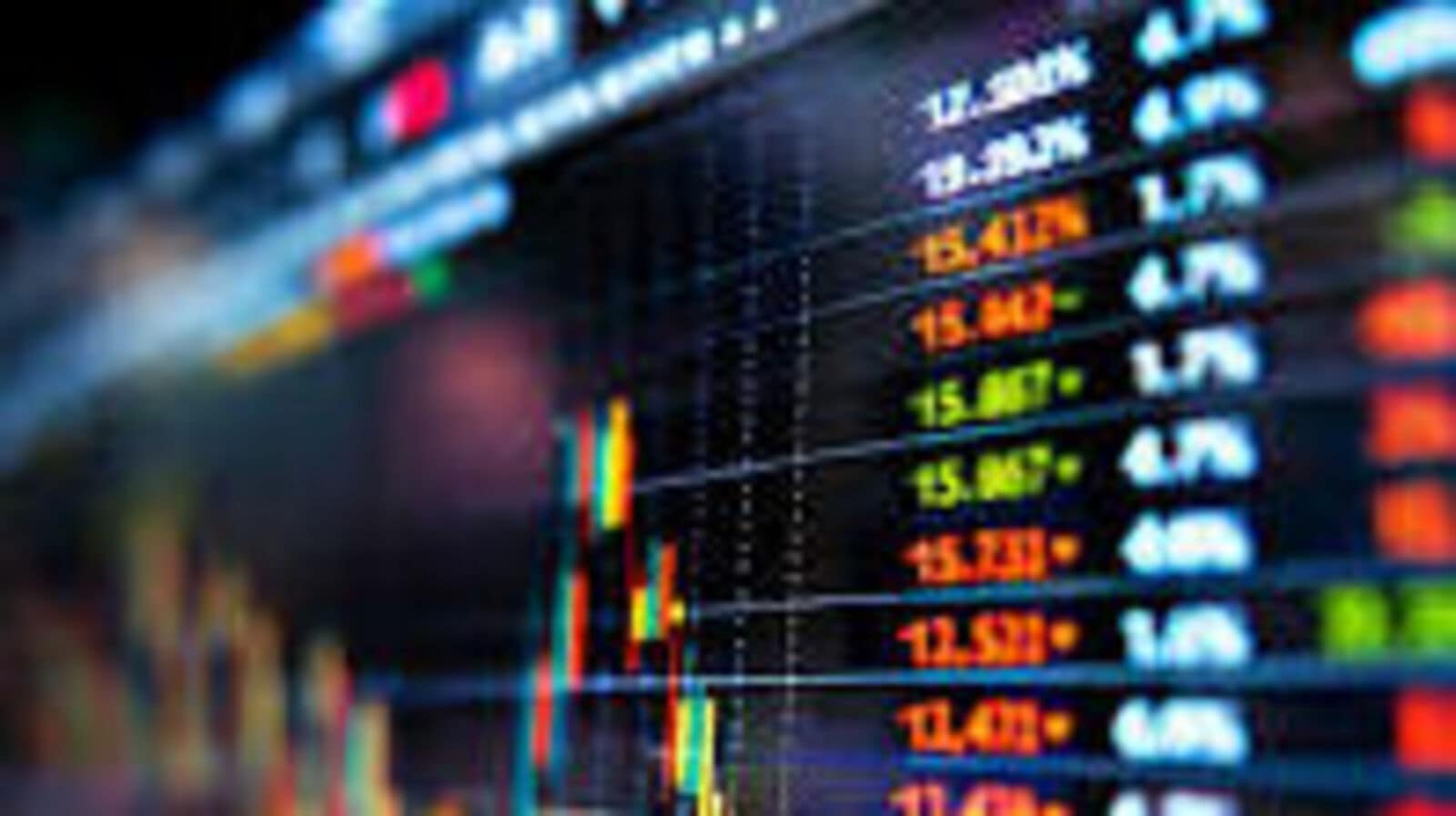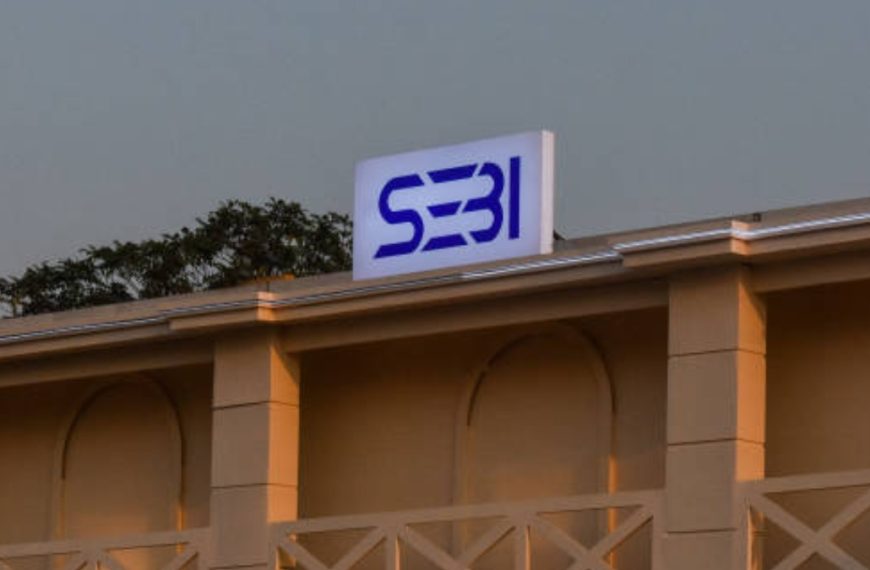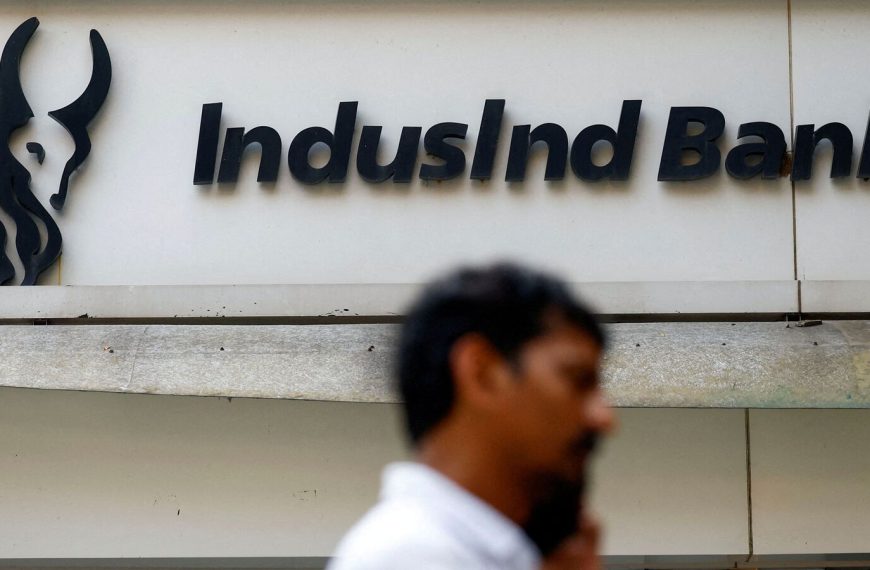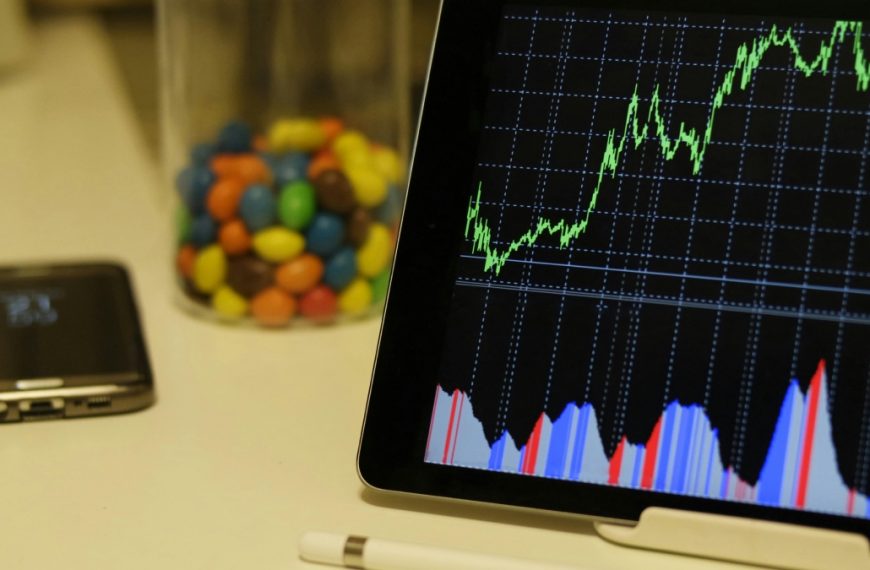As of Monday, the $1.7 trillion South Korean market is set to reopen for short-selling, a move anticipated to revitalize liquidity and strengthen the nation’s aspirations for an upgrade to developed market status by MSCI Inc. This change is expected to attract foreign investors, enhancing South Korea’s overall market maturity. Jung In Yun, CEO of Fibonacci Asset Management Global in Singapore, emphasized the significance of this development, stating, “This event marks South Korea as an investable market once again for global investors.”
The Impact of Short-Selling Resumption
The return of short-selling is likely to create a ripple effect in the market. Notable firms like Pictet Asset Management are gearing up to increase their stakes in Korean equities following this ban lift. Similarly, Amundi SA is optimistic about the market’s potential to sustain its recent upward trend, despite the reintroduction of short-selling.
- Citi analysts, including Peter Lee, have raised their Kospi benchmark target by approximately 4%, viewing the end of the ban as a positive catalyst. They predict that it will lead to enhanced market liquidity, primarily fueled by foreign investments.
Korean regulators had previously implemented a limited short-selling ban, culminating in a comprehensive restriction in November 2023 that prohibited such practices across all listed companies. Now, starting Monday, investors will have the freedom to sell borrowed shares of nearly 2,800 stocks on the Seoul exchange.
Reasons Behind the Ban and Its Lifting
The initial ban was enforced due to allegations of illegal trading, especially the so-called "rampant" naked short selling. Authorities aimed to ensure fairness for retail investors. To prevent such practices, a new electronic monitoring system will launch alongside the lifting of the ban on Monday, continuing the prohibition on naked short selling.
Looking Towards MSCI Upgrade
The resumption of short-selling could trigger significant market dynamics. Yi Ping Liao, portfolio manager at Franklin Templeton Emerging Markets Equity, foresees increased volatility but believes that progress in corporate governance and shareholder returns, as promoted by the government’s “Value-up” initiative, could help narrow the “Korea Discount” on stock prices.
Korea’s Kospi index has already emerged as Asia’s second-best performer this year, boasting around a 7% gain. Despite this, foreign investors have largely remained on the sidelines, offloading about $20 billion in Korean stocks since August, largely due to political instability following a brief martial law declaration.
Citi analysts predict an accelerated push for MSCI’s upgrade in the medium term, suggesting that South Korea could be placed on the watchlist in either June 2025 or June 2026, with a potential upgrade to developed market status the following year.
Convertible Bonds and Market Opportunities
The end of the short-selling ban may also rejuvenate the issuance of convertible bonds, which has seen a decline in recent quarters. This strategy could gain traction, allowing investors to buy debt while shorting the corresponding stock.
Stocks Under the Microscope
Certain high-profile stocks are likely to face increased scrutiny. Samsung Electronics Co., the largest company in Korea, is expected to be a primary target for short-sellers, raising concerns about its competitive edge in technology. Peter Kim, head of global business at KB Securities, noted, “Samsung Electronics will likely be the first to attract shorts, as my investors express worries about its previous technological dominance.”
Additionally, electric vehicle battery manufacturers such as Samsung SDI Co., Ecopro Co., and Posco Future M Co. are considered potential short targets due to their valuations. Analysts from Goldman Sachs, including John Kwon, highlighted the likelihood of a tactical short squeeze in this sector following the ban’s removal.
The reopening for short-selling marks a pivotal moment for South Korea’s financial landscape, presenting both challenges and opportunities for investors navigating this evolving market.











